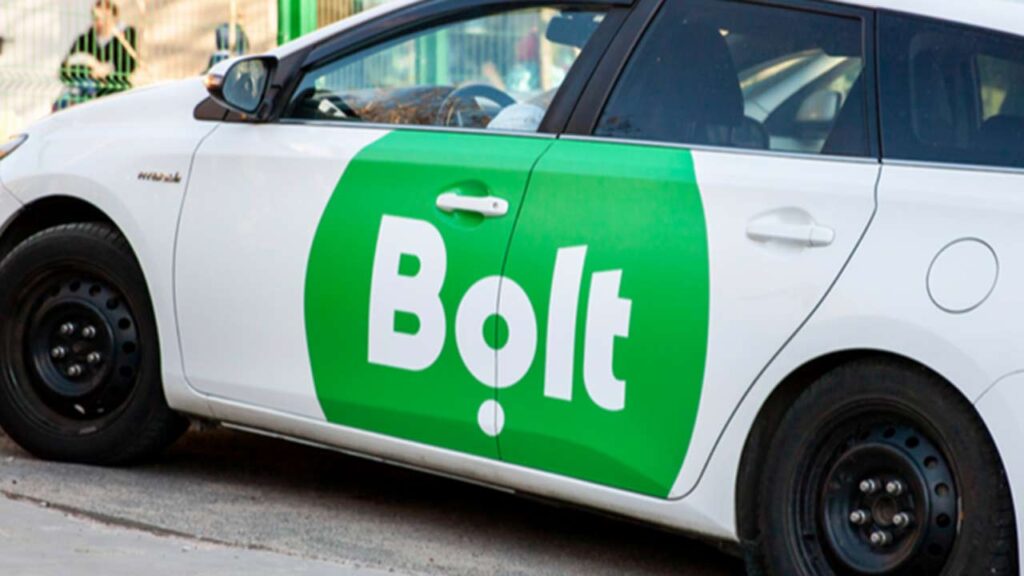Global ride-hailing giants Uber and Bolt have remained silent amid mounting calls for stricter regulation of e-hailing operations in Lagos, Nigeria’s commercial capital.
The companies are under increasing scrutiny over allegations of labour rights violations, security concerns, and what a union representative described as “corporate negligence” by ride-hailing platforms operating in the state.
A public hearing held at the Lagos State House of Assembly last week intensified pressure on the firms. The hearing was prompted by a petition from the Amalgamated Union of App-Based Transporters of Nigeria, with the support of the Nigerian Labour Congress, calling for more robust oversight of the sector.
The Chairperson of the Lagos State chapter of the NLC, Comrade Agnes Sessi, criticised the pricing mechanisms adopted by international platforms like Uber, Bolt, and inDrive, accusing them of practices they would not dare to implement in their home countries.
“They make billions in this country but treat the people working for them like modern-day slaves,” the comrade told lawmakers, urging them to adopt a robust legal framework that protects the rights and safety of drivers and passengers alike.
AUATON, the union representing drivers on e-hailing platforms, said none of the companies named in its petition have reached out since the public hearing.
“We consider this silence disappointing, especially in the face of pressing issues affecting thousands of Nigerian drivers operating under these platforms,” AUATON’s Public Relations Officer, Steven Iwindoye, told The PUNCH.
Efforts to get comments from Uber and Bolt were unsuccessful at the time of reporting, as none of the companies responded to email enquiries regarding their position on the proposed regulation.
The union outlined its key demands: implementation of a real-time emergency response system, compulsory and verifiable identity checks for all riders, and a fair pricing structure that accounts for inflation and fuel prices.
According to the union, drivers are currently being subjected to arbitrary fare reductions and deactivations without any formal grievance mechanism. Many also operate without health or accident insurance, despite spending long hours on the road under harsh conditions.
AUATON described the current operating environment as lawless and exploitative, accusing the companies of reaping profits while evading basic obligations to workers’ welfare and public safety.
“This is why we are calling for immediate legislative intervention to regulate these platforms, protect drivers’ rights, and establish a framework for accountability and transparency,” the union claimed.
The petition, formally titled ‘Public Petition Against Uber, Bolt, Indrive, Rida, and LagRide for Non-Compliance with the National Collective Agreement and Corporate Negligence Resulting in the Victimisation of App-Based Transport Workers in Nigeria,’ underscores safety risks tied to lax identity verification and inadequate insurance.
The NLC chief cited harrowing cases, including the 2021 murder of a driver, whose widow, Biola Olabanji, recounted his death by stabbing days after securing a car through a hire-purchase deal. Another victim, a passenger attacked by a driver, was presented to underscore the stakes.
Nigeria’s ride-hailing sector, a lifeline for millions, continues to grapple with violent crimes such as kidnappings and car thefts, despite the introduction of tech-driven safety measures by major operators.
Estonian mobility startup Bolt has repeatedly underscored its commitment to improving safety for both passengers and drivers as part of a broader mission to foster a secure transportation ecosystem.
Bolt’s €100m, three-year safety investment, announced last November, has yielded a 42 per cent drop in untracked rides and a near-tripling in Trusted Contacts usage, the General Manager of Bolt Nigeria, Osi Oguah, told a press conference earlier this month.
“At Bolt, safety is not just a feature; it’s fundamental to the service we provide,” Oguah said. “We are consistently investing in tools and partnerships that prioritise the well-being of our users.”
Uber, Nigeria’s second-largest ride-hailing platform, has maintained a relatively low profile in stakeholder engagement in recent times, prompting concerns among some drivers’ unions and advocacy groups. Unlike Bolt, which has a visible local leadership presence, it remains unclear whether Uber currently has a designated country manager overseeing its operations in Nigeria.
Tensions between drivers and e-hailing platforms have continued to simmer, with no resolution in sight. On May 1, drivers staged a 24-hour strike timed with International Workers’ Day, threatening further escalation if their demands were not addressed, including possible picketing of company offices.
The protest highlighted long-standing grievances over high commission rates, sometimes up to 30 per cent alongside concerns over low fares that barely cover fuel and maintenance costs and worsening insecurity on the roads.















